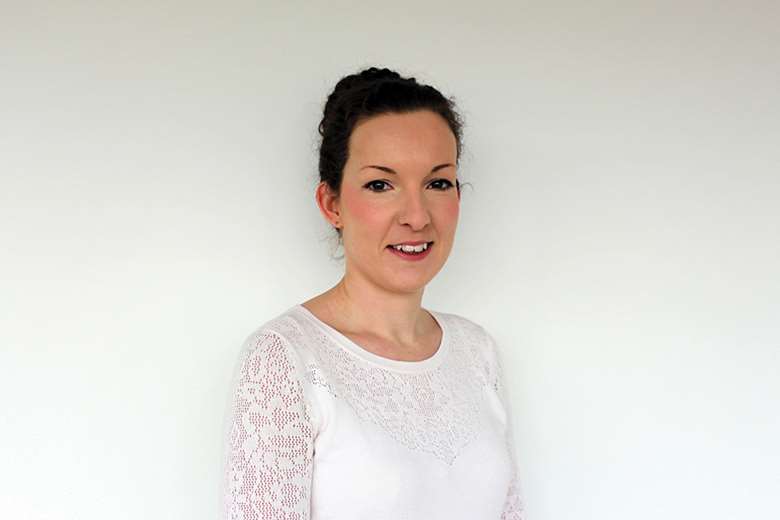Social media in the workplace
Katherine Timms
Tuesday, April 24, 2018
With social media increasingly being adopted as a communication tool in employees' working lives, it has never been more important to maintain strict boundaries between the personal and the professional.

Social media is becoming an ever-increasing presence in the way we communicate. Twitter and Facebook, for example, are not just seen as an after-work activity, but are now being used to communicate during work hours. It is important for children's services employers to ensure their employees know the best way to utilise these platforms that meets the standards of professional regulators like the Health and Care Professions Council (HCPC).
1. Know the standards. As the regulator of 16 health and care professions - including social workers in England - we often receive queries from registrants wanting to ensure the way they use these platforms meets our standards. It is crucial that employers who manage our registrants understand HCPC's views on best practice when online as this will ensure employees are meeting standards and benefiting from their social media use. Our Standards of Conduct, Performance and Ethics are the standards we set for all the professionals on our register, stating in broad terms our expectations of their behaviour and conduct. These important standards help us make decisions about the character of professionals who apply to our register. We also use them if someone raises a concern about a registrant's practice. For service users such as young people and families, they outline what the public should expect from their health and care professional.
2. See the benefit. The vast majority of our registrants who use social media already do so responsibly, in line with our standards, and with no difficulty at all. We believe there is no reason why these registrants should not keep on using social media with confidence. Registrants have told us that using social media lets them develop and share their skills and knowledge; helps the public understand what they do; helps them network with other professionals nationally and internationally; and aids in raising the profile of their profession. We recently launched guidance on social media for our registrants, which sets out what we expect from health and social care workers when it comes to social media use, and how they can ensure their use meets HCPC standards. The guidance focuses on issues registrants and others told us they come across frequently. Some professional bodies publish social media guidelines, which may also be helpful for your employees.
3. Maintain professional boundaries. The key to safely using social media in line with HCPC standards is maintaining professional boundaries. Some professionals find using social media a valuable way of communicating with service users and the public. However, social media can blur the boundaries between the personal and the professional. It is just as important to maintain appropriate boundaries when using social media as it would be if communicating by any other method, and registrants must always communicate with service users in a professional way. One method some organisations and individuals have utilised is setting up a separate professional account where they provide general information for service users and the public. If the employee agrees this is appropriate, it can be a good way to maintain necessary boundaries.
4. Ensure confidentiality. The confidentiality of service users is key for employers and employees alike. However, sometimes what seems obvious in the real world can become confusing online. When information about another person is posted on social media, it is key to consider whether it is appropriate to share that information widely. If the information could allow a service user to be identified, it must not be posted without their permission. This information could include details about their personal life, health or circumstances, or images relating to their care. Even if your employees have the highest level of privacy settings, something shared online can quickly be copied and redistributed to a much wider audience. This means a post can stay in the public domain after it is deleted. It is important to stay up to date with changes to privacy settings on social media, to ensure employees are not unintentionally sharing confidential information.
5. Be appropriate, honest and trustworthy. It is important that health and social care professionals use all forms of communication appropriately and responsibly, including social media. When using social media the same standards should be applied as when dealing with a service user face-to-face. It is important service users are communicated to in a polite and respectful way and registrants avoid using language others might reasonably consider to be inappropriate or offensive. If your employees are using social media to advertise or share information related to their professional practice, they must make sure it is fair and true, as far as they know. It may be pertinent for them to include a disclaimer on their profile that their views are their own and do not represent the views of the employer or anyone who contracts their services.
- Katherine Timms is standards and policy manager at the Health and Care Professions Council
- HCPC's guidance on social media can be read in full at www.hpc-uk.org/registrants/socialmediaguidance




